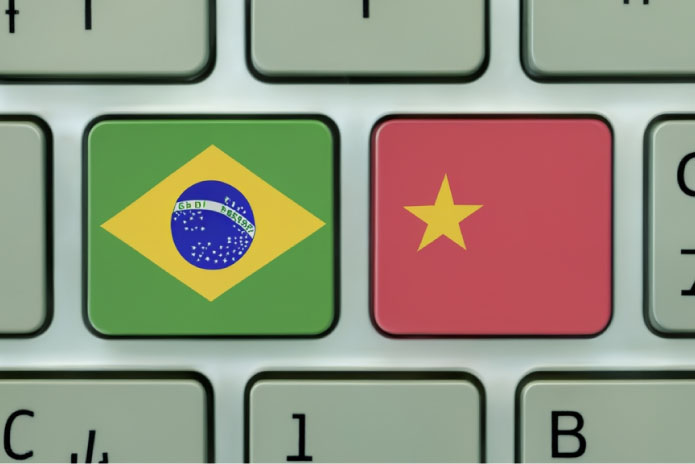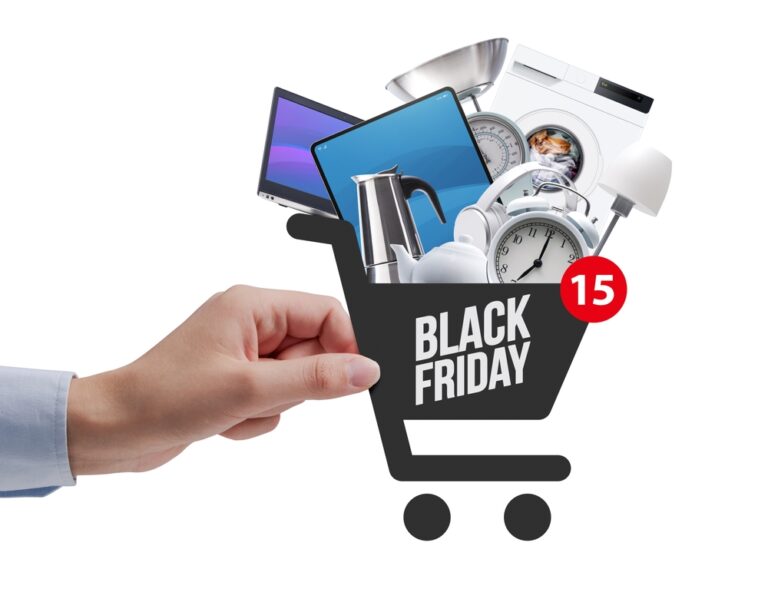Nenhuma empresa nasce para competir com um país inteiro, mas muitos empresários brasileiros já enfrentam essa realidade. O Brasil é hoje o único país do mundo a operar simultaneamente com todas as principais plataformas chinesas de e-commerce: Shein, AliExpress, Shopee e Temu. O avanço das plataformas chinesas de varejo, com operações cada vez mais sofisticadas, inaugura uma nova era de consumo e quem não se adaptar corre o risco de perder relevância.
Levantamentos da CNC (Confederação Nacional do Comércio de Bens, Serviços e Turismo) indicam que as vendas online no Brasil cresceram 75% entre 2019 e 2024. No mesmo período, a participação de marketplaces internacionais praticamente dobrou, impulsionada por preços competitivos, prazos de entrega reduzidos e vantagens fiscais. Esse cenário coloca o país diante de um dilema: proteger o mercado interno ou aceitar o risco de uma desindustrialização silenciosa.
“O avanço desse modelo já movimenta bilhões e pressiona cadeias produtivas locais. A Shein, por exemplo, já conquistou cerca de 45 milhões de clientes brasileiros, incorporou mais de 7 mil vendedores nacionais à sua plataforma e anunciou novos investimentos logísticos para reduzir ainda mais o tempo de entrega. As plataformas chinesas estão redesenhando o comportamento do cliente e pressionando cadeias comerciais inteiras”, afirma Paulo Motta, empresário, investidor e especialista em gestão de ativos.
O avanço dessas plataformas também expõe o Brasil a um dilema regulatório. O programa Remessa Conforme, que isenta de imposto de importação compras de até US$ 50 feitas em sites cadastrados como Shein, Shopee, AliExpress e Temu, reduziu custos para o consumidor, mas ampliou as críticas de empresários e entidades setoriais, que apontam concorrência desleal frente ao varejo e à indústria nacionais, submetidos a uma carga tributária muito maior. Entre a defesa da produção local e a pressão popular por preços mais baixos, o país se vê dividido em uma disputa que já chegou ao Congresso e promete marcar a agenda econômica nos próximos anos.
A presença chinesa no varejo brasileiro não é um fenômeno pontual. Estamos diante de uma mudança estrutural que exige visão estratégica, técnica e reação rápida. Ignorar essa realidade é abrir mão de competitividade. “O empresário que entende o contexto global e ajusta sua estratégia com base em dados e inteligência sai na frente. O varejo chinês não compete apenas em preço, mas também em escala e expertise. Enfrentar esse cenário com maturidade é uma questão de sobrevivência”, comenta Marcos Koenigkan, CEO do grupo Mercado & Opinião.
Grandes nomes do empresariado já debatem esse tema, mapeiam riscos, compartilham experiências e discutem soluções. “A troca de experiências é tão valiosa quanto a capacidade de agir. Quando abordamos temas sensíveis como esse de forma estruturada, aumentamos nossas chances de atravessar o impacto com inteligência”, pontua Paulo Motta.
Koenigkan e Motta aliam seu discurso com grandes nomes do mercado de varejo, como Renato Franklin, CEO do Grupo Casas Bahia e Fernando Yunes, CEO do Mercado Livre. Em debate recente, organizado pelo Mercado & Opinião, os líderes, ao lado de Fábio Neto, sócio da Startse, deixaram claro que além do impacto sobre as empresas, a transformação provocada pela China atinge diretamente o consumidor brasileiro, que hoje exige mais conveniência, variedade e rapidez. Esse novo padrão de comportamento reforça que o e-commerce global veio para ficar e deve seguir redesenhando o varejo nacional nos próximos anos.











